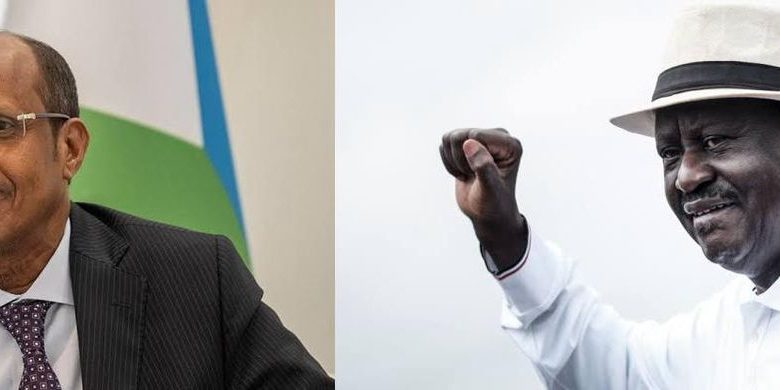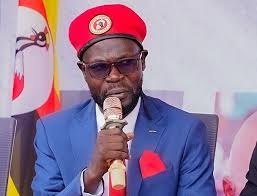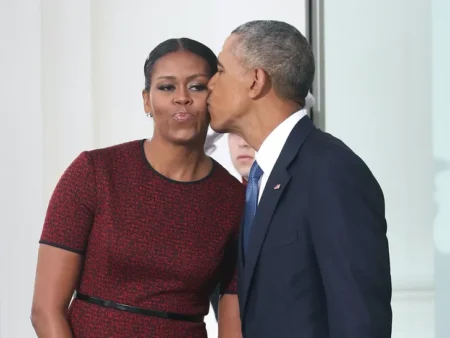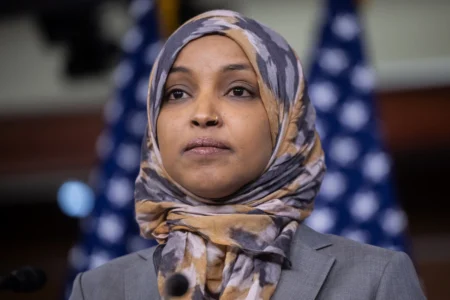Kenya’s bid for the African Union Commission (AUC) Chairmanship suffered a significant blow on Saturday as former Prime Minister Raila Odinga lost to Djibouti’s Mahamoud Ali Youssouf in a tense and competitive election. The contest, which stretched to the seventh round of voting, culminated in a victory for Youssouf, whose quiet but strategic diplomacy outmaneuvered Odinga’s high-profile campaign.
A Gracious Concession
Odinga, who was initially seen as the front-runner, graciously conceded defeat on Sunday during a dinner hosted in his honor. Dismissing any claims that his age, financial limitations, or alleged sabotage by President William Ruto played a role in his loss, Odinga expressed gratitude for Ruto’s unwavering support. “I made a personal decision to run for the AU chairmanship, free from any coercion. I am grateful to President Ruto for his unwavering support, tireless diplomatic efforts, and full logistical backing,” Odinga said.
The Dynamics of the Election
Odinga started strong, leading in the first two rounds of voting, but Youssouf soon gained ground. In Round 1 and 2, Odinga secured the lead, while Youssouf trailed with 22 votes, below the required threshold of 33 votes for an outright victory. However, in the third round, Madagascar’s Richard Randriamandrato withdrew, and Youssouf began his comeback, securing 23 votes to Odinga’s 20.
In subsequent rounds, Youssouf expanded his lead, eventually securing 26 votes against Odinga’s 22, effectively removing the Kenyan candidate from the race. It was in the seventh round that Youssouf clinched the required 33 votes, sealing his victory and ending Odinga’s bid for the AU chairmanship.
Diplomatic Missteps and Regional Tensions
Despite Odinga’s strong political background and Pan-African credentials, Kenya’s diplomatic missteps under President Ruto were seen as a significant factor in his defeat. Senator Richard Onyonka of Kisii attributed Odinga’s loss to Kenya’s strained relations with key African nations, which were further exacerbated by Ruto’s handling of major geopolitical issues.
Kenya’s open support for Sudan’s Rapid Deployment Forces (RDF) in the ongoing Sudanese conflict alienated Khartoum, which actively lobbied against Odinga. Additionally, Ethiopia, which relies heavily on Djibouti’s port for trade, sided with Youssouf, while Kenya’s “alignment with Israel” in the Gaza conflict angered North African and Sahel nations, who overwhelmingly supported Youssouf.
Further compounding the issue, Ruto’s ties with Rwandan President Paul Kagame and his perceived support for M23 rebels upset the Democratic Republic of Congo (DRC) and the Southern African Development Community (SADC), which rallied behind Youssouf.
Youssouf’s Strategic Diplomacy
Youssouf’s success is largely attributed to his low-key, yet highly strategic diplomatic approach. As Djibouti’s Foreign Minister for over two decades, Youssouf built strong personal relationships with key African leaders, allowing him to quietly consolidate support. His Muslim identity and strategic ties with North African nations, including Egypt, Tunisia, and Senegal, also helped secure crucial votes.
Unlike Odinga’s high-profile campaign, Youssouf’s quiet but effective diplomacy positioned him as a candidate who could navigate Africa’s complex political landscape without the baggage of contentious foreign policy alignments.
The Implications of Raila’s Loss
Raila Odinga’s defeat marks a significant setback for Kenya’s regional and continental ambitions. The loss highlights the importance of diplomatic finesse and regional trust in securing top leadership roles within the African Union. Kenya may now need to recalibrate its diplomatic strategies, particularly in handling regional conflicts and alliances.
A New Era for the AU
With Youssouf’s election, Djibouti, one of Africa’s smallest nations, now holds one of the most powerful positions on the continent. His tenure will be watched closely, especially in addressing critical challenges such as the Sudan crisis, instability in the Sahel, and Africa’s economic development within the AU framework.
As Odinga has urged, Kenya must now focus on nation-building and strengthening its role in Africa. “This is not the time for lamentations, blame games, or name-calling. We must focus on nation-building and strengthening Kenya’s role in Africa,” he concluded.
Youssouf’s election marks the end of Chad’s Moussa Faki Mahamat’s two-term tenure as AU Commission Chair, and the beginning of a new phase in Africa’s leadership dynamics.














